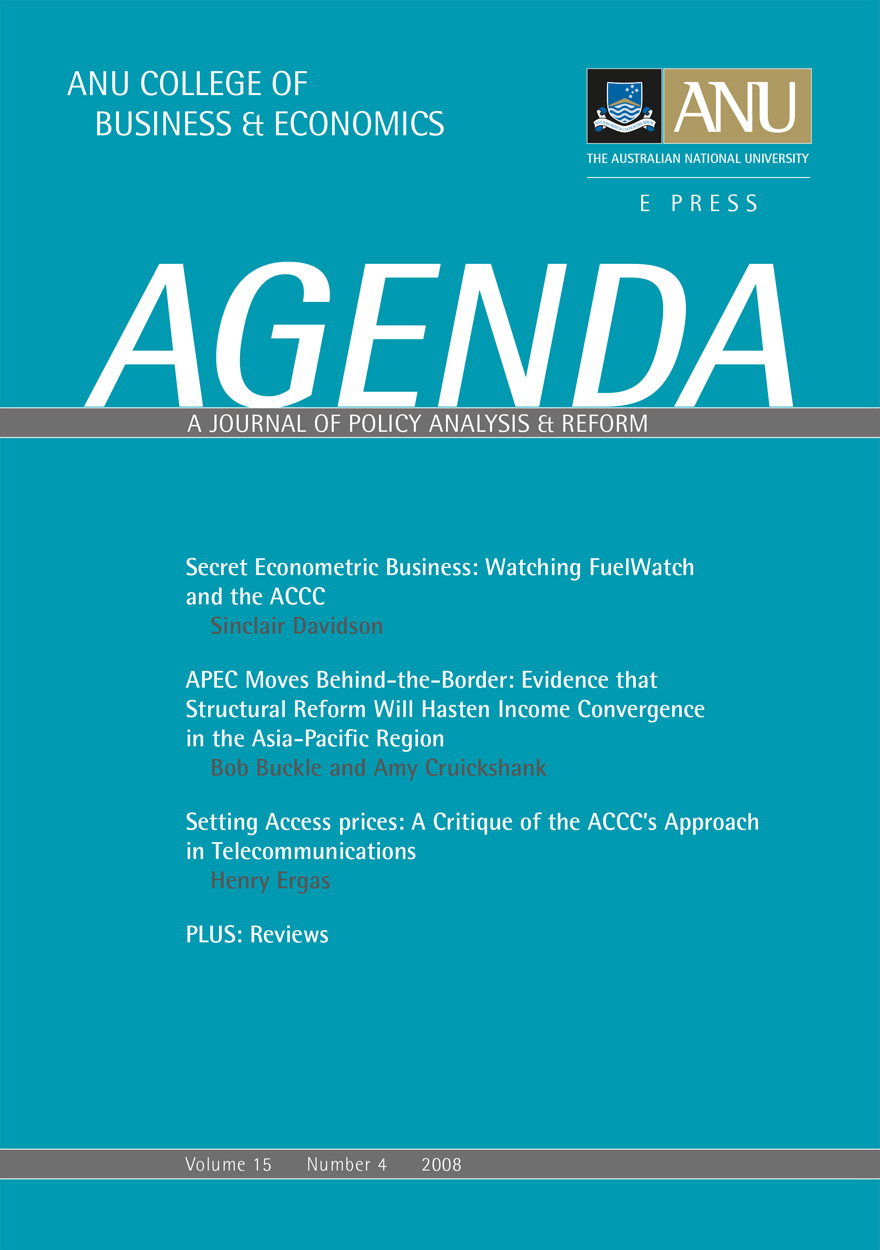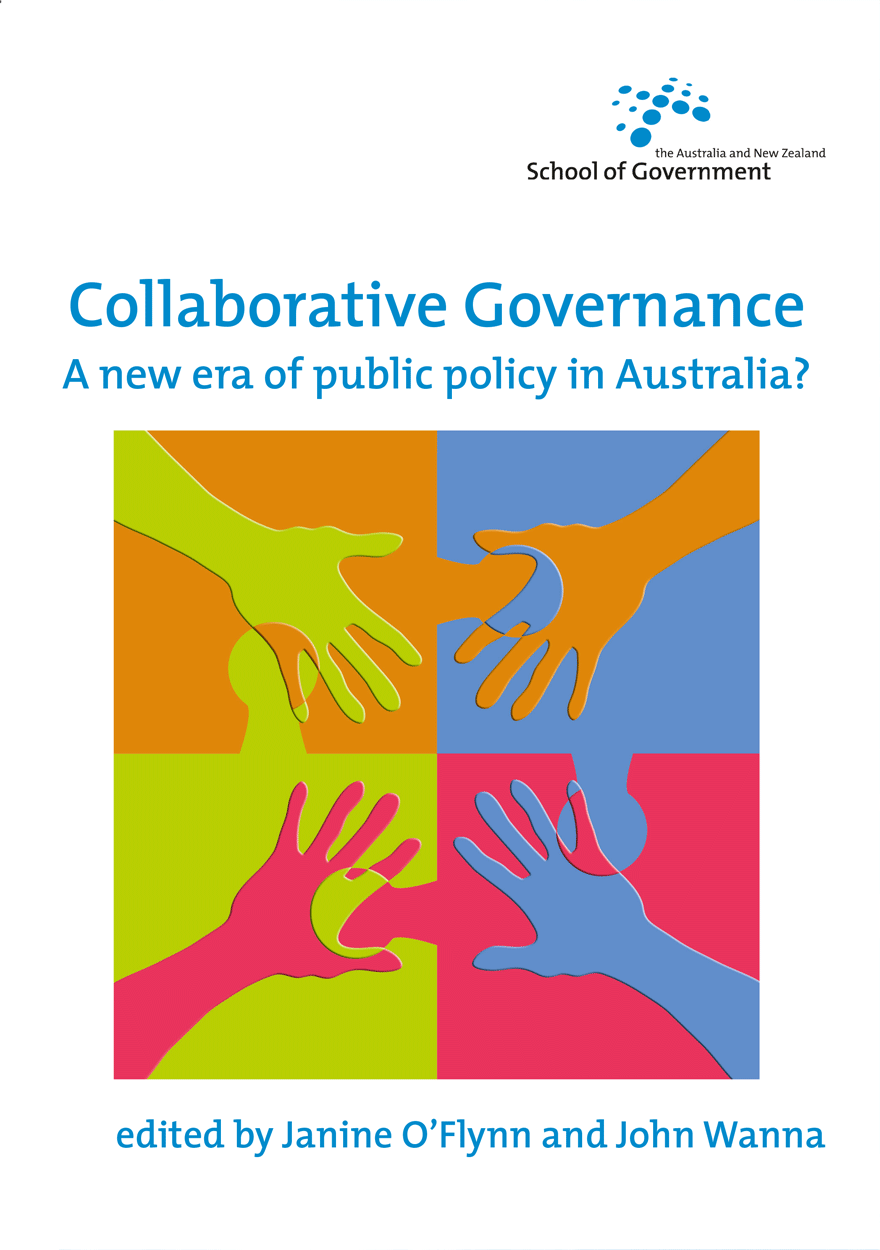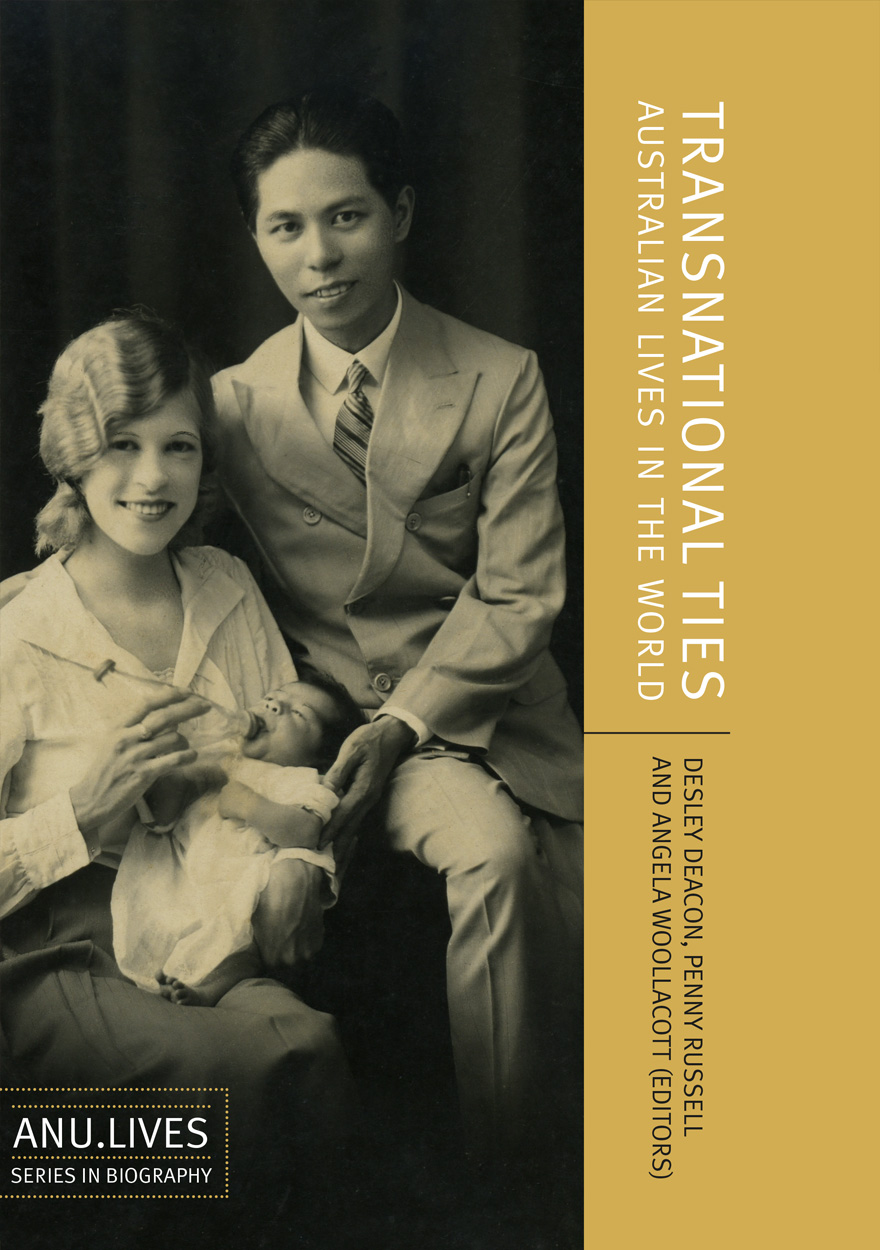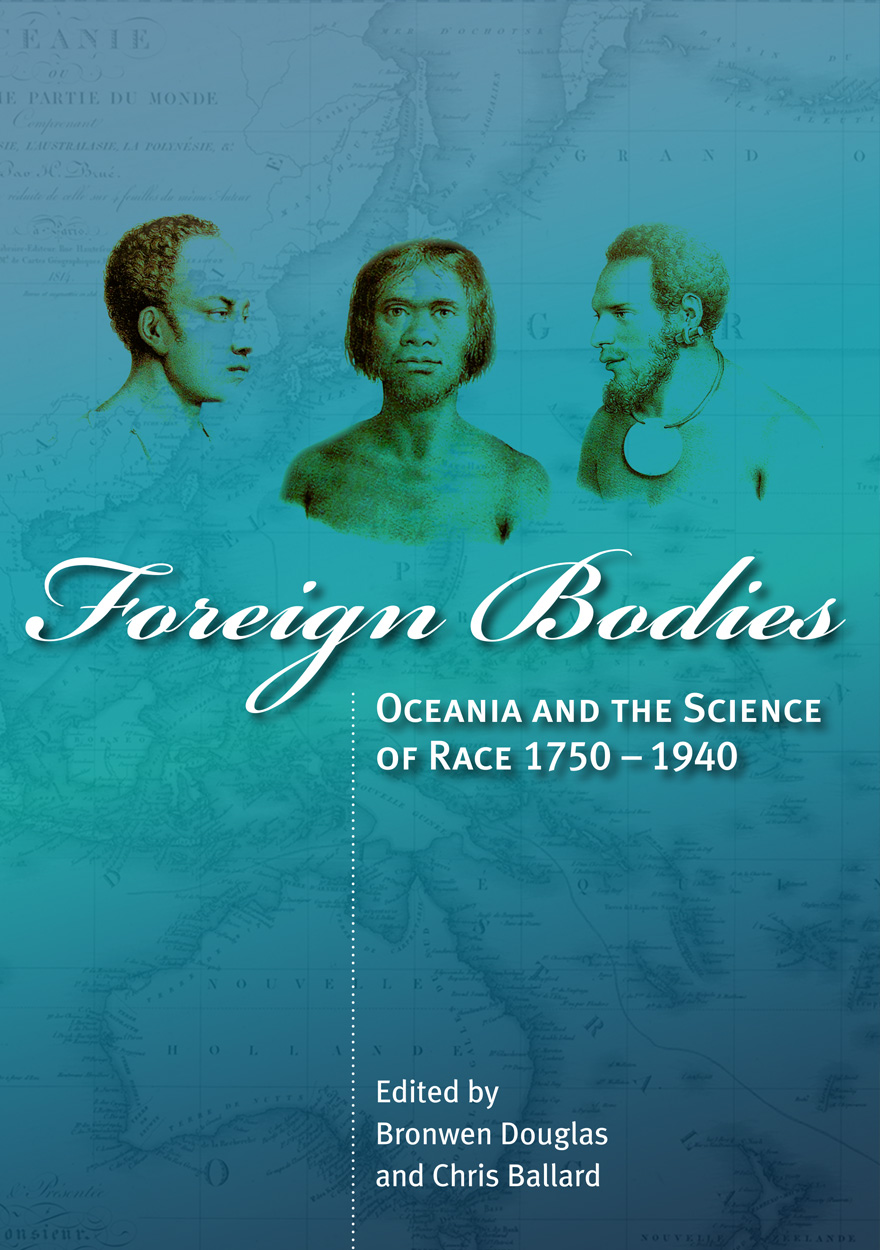
Negotiating the Sacred II »
Blasphemy and Sacrilege in the Arts
Edited by: Elizabeth Burns Coleman, Maria Suzette Fernandes-Dias
Publication date: December 2008
Blasphemy and other forms of blatant disrespect to religious beliefs have the capacity to create significant civil and even international unrest. Consequently, the sacrosanctity of religious dogmas and beliefs, stringent laws of repression and codes of moral and ethical propriety have compelled artists to live and create with occupational hazards like uncertain audience response, self-censorship and accusations of deliberate misinterpretation of cultural production looming over their heads. Yet, in recent years, issues surrounding the rights of minority cultures to recognition and respect have raised new questions about the contemporariness of the construct of blasphemy and sacrilege. Controversies over the aesthetic representation of the sacred, the exhibition of the sacred as art, and the public display of sacrilegious or blasphemous works have given rise to heated debates and have invited us to reflect on binaries like artistic and religious sensibilities, tolerance and philistinism, the sacred and the profane, deification and vilification.
Endeavouring to move beyond ‘simplistic’ points about the rights to freedom of expression and sacrosanctity, this collection explores how differences between conceptions of the sacred can be negotiated. It recognises that blasphemy may be justified as a form of political criticism, as well as a sincere expression of spirituality. But it also recognises that within a pluralistic society, blasphemy in the arts can do an enormous amount of harm, as it may also impair relations within and between societies.
This collection evolved out a two-day conference called ‘Negotiating the Sacred: Blasphemy and Sacrilege in the Arts’ held at the Centre for Cross Cultural Research at The Australian National University in November 2005. This is the second volume in a series of five conferences and edited collections on the theme ‘Negotiating the Sacred’. The first conference, ‘Negotiating the Sacred: Blasphemy and Sacrilege in a Multicultural Society’ was held at The Australian National University’s Centre for Cross-Cultural Research in 2004, and published as an edited collection by ANU Press in 2006. Other conferences in the series have included Religion, Medicine and the Body (ANU, 2006), Tolerance, Education and the Curriculum (ANU, 2007), and Governing the Family (Monash University, 2008). Together, the series represents a major contribution to ongoing debates on the political demands arising from religious pluralism in multicultural societies.








